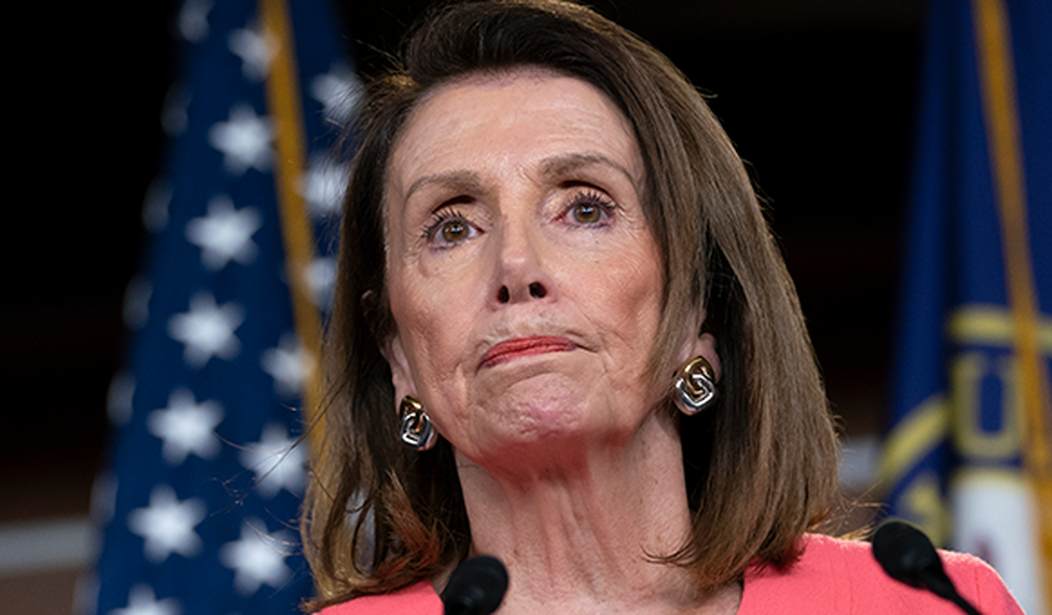A few points before we get to the main event. First, Democrats traditionally lead on the generic congressional ballot, even when the GOP ends up performing well. Exceptions exist, like the 2010 cycle, in which Republicans romped to a 63-seat gain landslide – and another red wave year, 2014, when the GOP over-performed its "generic ballot" standing in the national results. In 2016, Democrats led in 33 of the final 35 congressional ballot surveys; Republicans went on to win the House "popular" vote. Last year, Democrats held a large lead in this metric heading into election day, then seriously under-performed their projected margin, allowing Republicans to make unexpected gains. In short, Republicans out-pacing polling expectations, particularly on this question, is often par for the course.
Second, Quinnipiac's pollster has had some very high-profile misses in recent cycles, heavily favoring Democrats (compared to reality). In 2016, the Q-poll showed Hillary Clinton waltzing to a seven-point national popular vote win. This was off by five points. Four years later, Quinnipiac predicted an 11-point Biden victory, off by more than six points. The organization also blew major races in places like Florida by embarrassing margins. In each of these cases, they overestimated Democrats' strength. Which is why a statistic like this seems noteworthy:
Quinnipiac has Rs up 46-43 on their generic ballot question (would respondents rather see Rs or Ds win control of the House). Even in years where Rs do well in the House, it's common for Ds to lead the generic in off-years (as they do in other generic polls right now)
— Kyle Kondik (@kkondik) October 5, 2021
As Kondik mentions, Democrats are slightly ahead in some other generic ballot polling, but anything even in the ballpark of a tie, let alone a GOP lead, could portend dark things for the Democrats next year. National Journal's Josh Kraushaar notes that Republicans' strong standing in the new Q-poll is mostly attributed to further consolidation among working class whites (leading 61/25) and further gains with Hispanics, among whom they only trail by five points in this survey. The poll finds Democrats maintaining a 2020-level lead with college educated whites, but we'll see if that prospect holds up in the Virginia gubernatorial race, in which Republican Glenn Youngkin appears to be winning back some of those voters who've strayed from the (R) brand in recent years. Democrats are ahead among women by nine points, but that advantage is wiped out by Republicans leading with men by a whopping 16 points.
Independents are also breaking for Team Red by 14 points. That's a key finding if it's borne out in other surveys. On that front, Washington Post columnist Henry Olsen crunches the numbers and finds that Biden is performing about as poorly as Trump was at this stage among indies (along with the Congressional ballot, presidential approval is a significant predictor of mid-term elections), and we remember how the 2018 cycle turned out – Democrats gained 40 House seats:
An average of only 39 percent of independents approved of Biden’s performance in the three polls taken between Sept. 18 and 26 that made data available for those voters; 52 percent disapproved. Trump’s comparable numbers among independents in three polls taken between Sept. 22 and 27, 2017, were 38 percent approval and 50 percent disapproval. That means Biden’s minus-13 net job approval among independents is statistically identical to Trump’s minus-12…Biden’s abysmal standing with independents spells disaster for Democrats in the midterm elections if it does not substantially improve. Virtually all Senate and House candidates in 2018 and 2020 received vote shares closely resembling Trump’s job approval in their jurisdiction
And yet we're routinely assured that Biden's agenda is very popular. Really?
Recommended
Ahem… (via @politico Playbook) https://t.co/CEbzBuvMer pic.twitter.com/5yhv2Gtp4N
— Josh Kraushaar (@HotlineJosh) October 6, 2021
Meanwhile, Gallup is also picking up on this overall trend, measuring the two parties' (weak) approval ratings "near parity," thanks to "independents [being] mostly responsible for [the] decline in Democratic favorability." Another factor is that "Republicans have consistently been less positive toward their own party than Democrats have been to theirs. Since 2008, Democrats' favorable rating of the Democratic Party has averaged 88%, compared with an average 82% favorable rating of the GOP among Republican Party identifiers." Put simply, if Republicans shore up and turn out their own voters next year, and independents side with the GOP by a decent margin, Democrats would be on track to lose the House and possibly the Senate, too. There's a long way to go, of course, but some early signs are pointing to a pendulum swing – which history predicts is likely. I'll leave you with a few more nuggets from Gallup's latest, which appear to confirm what Quinnipiac is detecting:
Americans by significant margins now view the Republican Party as better than the Democratic Party at protecting the nation from international threats (54% to 39%, respectively) and at ensuring the nation remains prosperous (50% to 41%)...More of this change has come from declines in Americans perceiving the Democratic Party as better on these issues than from increases for the Republican Party...Meanwhile, the public is narrowly divided (41% Republican Party, 38% Democratic Party) as to which party can better handle whichever issue it deems the most important facing the country....Since last year, there have been double-digit declines in the percentages of independents who say the Democratic Party is better at handling the most important problem (from 42% to 31%), at keeping the nation secure (from 43% to 31%) and at keeping the nation prosperous (from 47% to 35%).
If the GOP is leading by double digits on security, by nine points on economic prosperity, and by three points on the "most important issue" question, it would seem likely that they'd be in decent shape on the generic ballot, too.

























